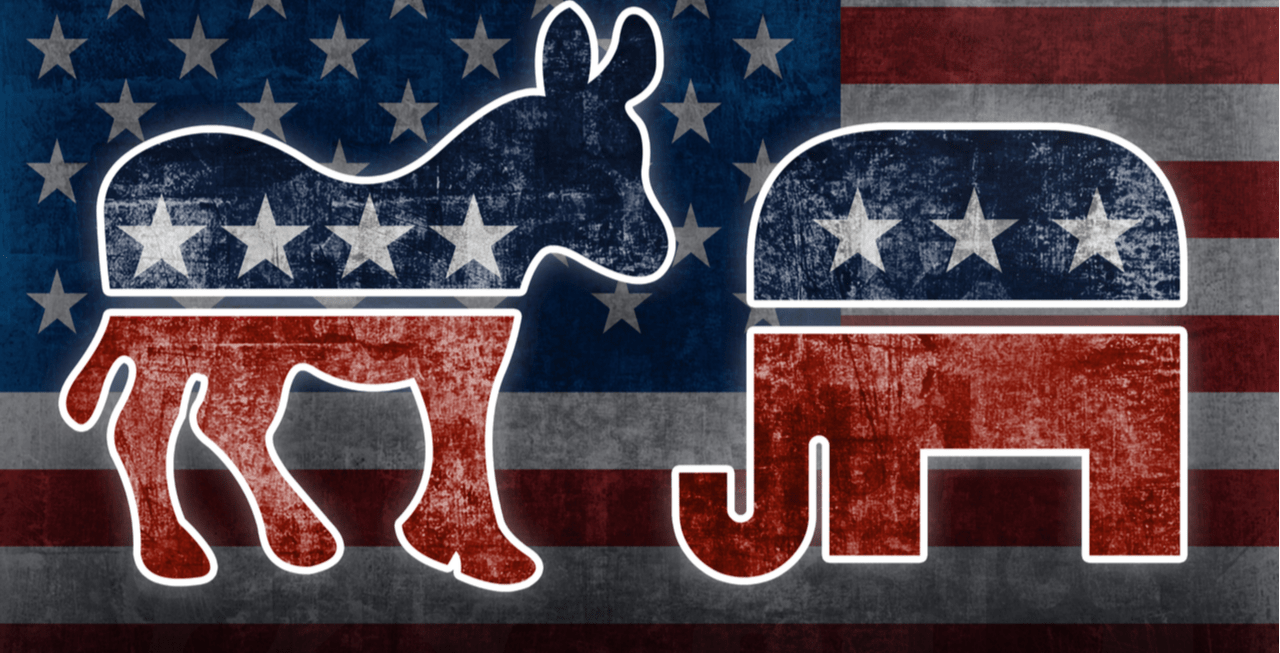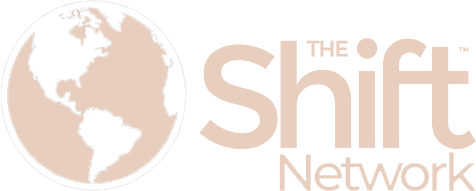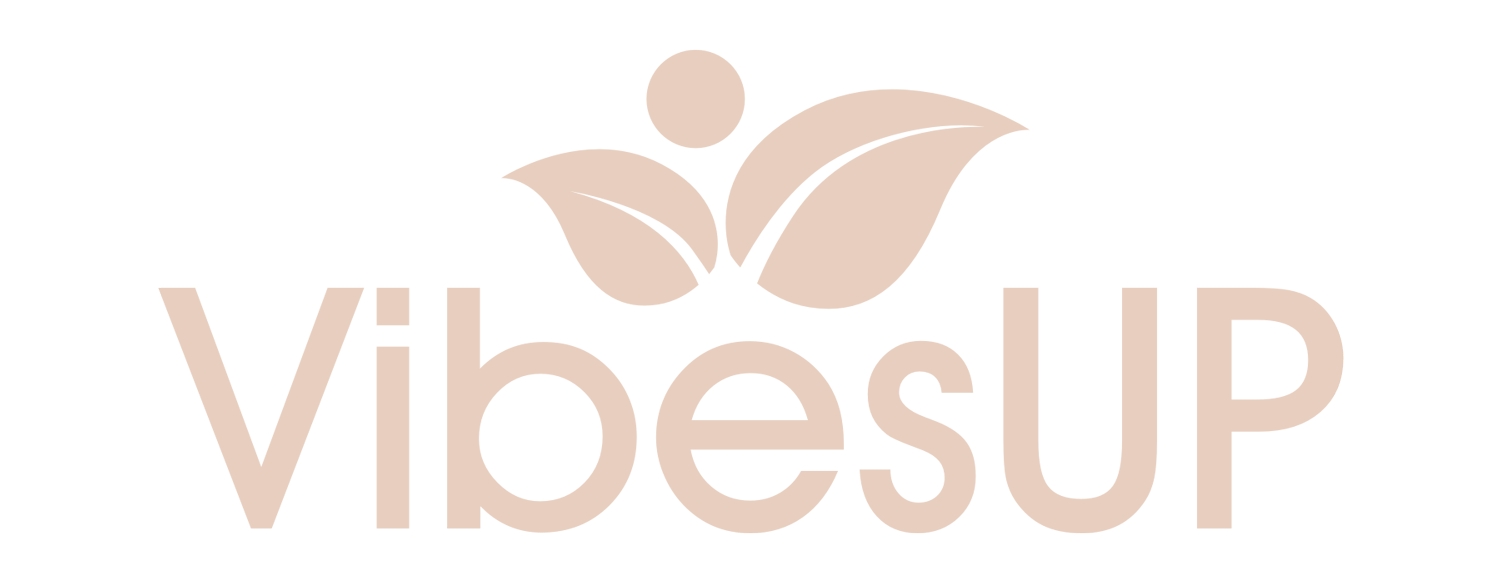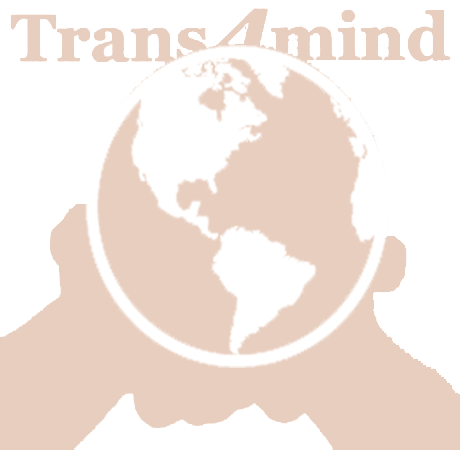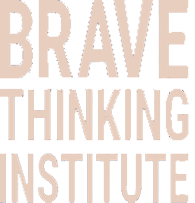Vision, Mission and Action Plan
“I know what you’re thinking. I am proposing a sane world. I must be crazy.”
— Swami Beyondananda
Vision: A functional, healthy, and transparent political system that works for the benefit of each and all — where we are united in our desire to solve problems together, and where truth and justice prevail.
Mission: To define, call forth and animate political awareness, discourse, action and programs that address systemic problems at their root, and recognize the interrelatedness of ecology and economy, individual fulfillment and collective wellbeing.
Why A Center for Functional Politics?
E Pluribus Unum — Unity and Diversity
An exciting new field, Functional Medicine “seeks to identify and address the root causes of disease, and views the body as one integrated system, not a collection of independent organs divided up by medical specialties. It treats the whole system, not just the symptoms.”
In the same way, Functional Politics looks to address “the body politic” as a whole system, and instead of being pulled onto the battlefield of two polarized sides staring each other down, bring American citizens from all sides together to “look outward in the same direction.”
There’s a reason why the two mottos that have characterized the USA from the outset are “E pluribus Unum” and “united we stand, divided we fall.” There has always been the awareness that a coherent body politic, speaking in one voice has the moral authority and power to set a standard for governance. Because the people of the country have until now been divided by wedge issues that keep the current political game in play, we have not been able to speak in one voice reflecting the virtues and values the vast majority of us have in common.
Our unity is in our diversity, and that is our strength.
Interestingly Functional Medicine indicates that a marker for excellent health is a diverse microbiome!
Functional Politics seeks to re-enfranchise the people through what my colleague Richard Lang has called “an eco-system for citizen engagement.” And like the functional, vital healthy microbiome, diversity is the key. While Functional Politics is coming from “deep center” — the fundamental desire that most people have to come together to solve problems at their root rather than waste precious time and energy fighting one another or defending positions — it is important to call forth and include even the most “fringy” viewpoints. Why? Several reasons. Even extreme or dysfunctional positions have some piece of “truth” at their core. When we as a whole identify that truth, we are discovering and using the functional nuance of what would otherwise be seen as an extreme position. At the same time, the people who have been holding those positions can feel acknowledged and included — because they are!
One of the most potent contexts for including and using all viewpoints to gain the fullest picture and the fullest participation are the Wisdom Councils convened by Jim Rough, author of Wise Democracy. This could well serve as a model for civic engagement on a much larger scale.
Functional Politics — An Evolutionary Imperative
As cellular biologist Bruce Lipton and I point out in Spontaneous Evolution, the next phase of human evolution involves recognizing ourselves as cells in the larger organism, humanity. Each phase of evolution, from the first single-cell organism to the complex, multi-trillion cell organisms like our own bodies, always involves expanded awareness, and expanded community. New forms of organization become necessary to encompass greater complexity and larger populations.
As an example, imagine if we still were a hunter-gatherer society, and every morning 8 million New Yorkers trudged up to Westchester to forage for food! As ridiculous as that sounds, our current way of organizing human behavior, dominate-or-be-dominated, is just as obsolete and “obsolethal”. We can no longer afford to use our precious and limited resources fighting other healthy “cells” in warfare and other toxic forms of domination and competition. Just as surely as our cells and organs cooperate with one another to insure our wellbeing, our civilization, economics and politics needs to reorganize so we use our energy for the benefit of each and all.
If this sounds utopian, consider philosopher-scientist Bucky Fuller’s book nearly half century ago — Utopia or Oblivion. We are now at that choice point. Consider that what we might call “utopian” our body would call “health.” Given the impact our collective human behavior has in this age of industry and technology, we must now recognize that the health of every individual is one and the same as the health of our species. As Swami Beyondananda tells us, “If we lose the earth, there goes the GDP.”
While there are those who rightfully fear a top-down “new world order” imposing its will on everyone ostensibly for the benefit of all, when we self-organize into mutually beneficial communities, we expand freedom for each and all. With our energy liberated from fighting one another, we are each free to climb Maslow’s ladder of success, evolving from survival (basic minimal needs) to thrival (self-actualization).
We bring about this “evolutionary upwising” the same way nature does — by expanding awareness, and by expanding community and connection.
Functional Politics — An Eco-System for Civic Engagement
A New Game On a New Field
From Spontaneous Evolution:
Politics is commonly defined as “winning and holding control over a government” and “competition between special interest groups for power and leadership . . . characterized by artful and often dishonest practices.” In a world that believes in dueling dualities, competing interests, and every cell for itself, it’s understandable that the meaning of politics would come to represent competition, control, and unsavory means toward selfish ends.
But, delving deeper into the dictionary, we find a less common usage of the term that aligns with our emerging holistic paradigm: “politics is the total complex of relations between people living in society.” With that definition, we can see that our 50 trillion cells are a model community. And the wisdom of our cells to create harmonious politics within can be applied as new rules in the creation of a healthy body politic in which we organize, relate, and act together.
In other words, politics is a “whole system”. Rather than viewing politics as a “Newtonian” battle of opposite forces working against one another, politics can evolve to an Einsteinian network of “relations” inside of a quantum field. As Einstein famously said, the field is the sole governing agency over the particle. And yet so much of what passes for politics — even the most progressive politics — is an attempt to move the particles around rather than impact the field.
Functional Politics is about creating, animating, and populating an entirely new playing field, where the game is partnership, collaboration, creativity, and focus on mutual benefit. Right now, it seems that all the political energy in our society gets absorbed in the polarizing battle, this vs. that. Michael Porter and Katherine Gehl of the Harvard Business School call the entrenched mechanism of political engagement that keeps us on the battlefield, “the political industrial complex.”
According to CBS News some $6.8 billion was spent on the 2016 Presidential election, while just 31% of the people thought the election process “was working as well as it could.”
If we consider that $6.8 billion is larger than the economies that Argentina and Poland, that’s a lot of money to spend on a campaign that leaves 70% of us unsatisfied!
That raises the obvious question, how could that money, time, energy, and focus be better used to serve the true interests of we the people and bring us together to address the challenging problems we face as a nation, as a world and as a species?
The National Town Square — A Keystone Institution for Civic Engagement
Imagine if there were a place and space for all 230 million registered American voters to gather — independent of government, media and corporate influence — where they could speak in one coherent voice and be heard.
When the USA was founded some 230 years ago, people could freely assemble in town halls, speak and be heard. Of course in those days of the stagecoach, it took weeks and sometimes months for information to travel and votes to be counted. That’s why the Presidential inauguration date was originally March 4th, until it was changed to January 20th in 1937. And while the Constitution guarantees our “right to petition,” there is currently no workable mechanism for the collective voice of the people to be heard.
Fortunately, modern technology now makes it possible for millions of people to gather and voice their choices instantly and in massive numbers. What if, by the touch of a personal device, every citizen who wishes to participate can have a verifiable advisory vote on any and every issue of the day — including the ones the two-party duopoly has conveniently avoided?
Public opinion polls say 90% of Americans want to reduce the influence of money in politics — and yet, the current system has continually thwarted this functional impulse. What if Americans spoke together in one resounding voice to demand reform? And what if the National Town Square infrastructure INSURED that each vote belonged to a “real” person, not a bot or troll, that the votes were both verifiable and anonymous, and the system was completely non-commercial?
Now let’s imagine what happens when tens of millions of Americans from across the political spectrum speak in one loud, clear, coherent, and unified voice. Even though this is a nonbinding advisory vote, the political system will have to take note, and at election time voters will hold politicians accountable.
According to Frances Moore Lappé, the turning point in Gandhi’s campaign to free India of British rule came when he realized that the people of India outnumbered the British colonials by 300,000 to one. Do the math. Do the aftermath!
In a similar way, when American citizens recognize how UNITED we are around issues of honesty and transparency, true fairness and justice, this will be a silent, nonviolent “revolution” where finally the will of the people will have a seat at the table.
The good news is, this project is well on its way to becoming a reality, as the team is cultivating allies across the political spectrum, well known and not-so-well-known, to find the convening organizations and the financial resource to build the platform.
(To find out more about the National Town Square, go here)
Eco-System for Civic Engagement “Outside the Walled Garden”
Richard Lang and the team constructing and convening the National Town Square are clear on one thing — the National Town Square itself, as the only independent platform for ALL Americans to be counted and have their voices heard must be completely independent, transparent, and nonpartisan. While there will be an educational element inside the Town Square, all information from all sides will be fact-based. As Sen. Daniel Moynihan famously said, “We are all entitled to our own opinion, but not our own facts.”
Particularly at a time when trust in government and mainstream media is at an all-time low, trust must be rebuilt through … trustworthiness. That’s why we have called the National Town Square a “walled garden” because its integrity must be impeccable.
At the same time, there are other helpful technologies to bring citizens together across the ideological divide, and refocus the conversation from polarization and reactivity to for engagement and creativity. These projects “outside the walled garden” are resonant with the mission of the National Town Square but NTS is not responsible for managing these ventures. Broadly, these potential allies “encircling” the Town Square include:
A National Conversation About Meaning And Purpose. As the Bible says, where there is no vision, the people perish. And we would add that government of, by and for the people feels very “perishable” now. What would it be like if something like the Living Room Conversations were expanded on a national scale and the conversations were focused on the meaning of the Declaration of Independence and the Constitution, and helped citizens create a “mission statement” for the United States of America? Seriously. We might find we overwhelmingly agree on certain fundamental issues of governance — truth, transparency, fairness — and as a coherent collective, might greatly influence our legislators, particularly if we show up in large numbers to vote at the National Town Square.
Wisdom Councils. Along similar lines, the technologies developed by Tom Atlee and Jim Rough, as well as others honed and used by organizations like the National Coalition for Dialogue and Deliberation, have shown time and time again that when ordinary citizens are brought together to solve problems, and are given certain guidelines for engagement, they come up with better solutions than “experts”. What of these “citizen councils” actually vetted and developed potential solutions to our seemingly intractable problems, and made recommendations? And what if these recommendations were submitted to the National Town Square so that citizens could vote the most promising ones “up the pop chart”? And then what if these findings were presented to our legislators to turn into legislation — just as corporations and special interests currently do?
Citizen Advocacy Organizations. The best example of this is Represent.us, an organization dedicated to electoral and campaign financing reform. Co-founded by Harvard Law Professor Lawrence Lessig, the organization is nonpartisan and has the support of those who recognize the system itself must be transformed, and that can best be done from the outside in.
Trustworthy Media. Again, not an oxymoron! The purpose of a free press is not so much to enable profanity and toxic insults, but to reveal the unseen for the benefit of the people. While organizations like All Sides do a good job of showing how each side “spins” information, it is important in this era of “fake news” and genuine concern about true secrecy to bring in outside-the-box viewpoints to give them fair hearing, extract whatever grains of truth they hold, and together emerge with a coherent and helpful narrative. One model for this is Andrew Kreig’s Justice-Integrity Report.
Heartland Security — Finding and Cultivating A Coherent “Sacred” Center
After the 911 attacks, and the toxically oxymoronic “Patriot Act” was passed, and we were presented with a Department of Homeland Security, a cosmic comic voice whispered in my ear: What we need is Heartland Security. Because fundamentally, our true security is in “the land of the heart.” And now, some 17 years later, there is more anger and fear, confusion and polarization, fake news and real lies.
My sense is that the missing piece — or better yet “missing peace” is restoring the absent sacred at the center of our individual and collective lives. Over the past half century, our communities have become more secular, and consequently there has been no collective sense of “sacred” that transcends religion and non-religion. So while there is definitely an unspoken consensus supporting truth, transparency, fairness, and equality in our public life, there has been until now no coherent, transpartisan, ecumenical entity to bring us together and as a unified body politic, hold our governance accountable to these standards.
The first mission and project of Functional Politics is to convene a conversation called HEARTLAND SECURITY: Finding Our Common Center in Times of Crisis. We are looking at convening this as a series of Zoom conversations open to the public that will include religious, spiritual, and secular ethical luminaries (Heart); leaders and solutionaries who are calling forth a new economic order that recognizes that ecology and economy are one and the same and as Swami says, “If we lose the earth, there goes the GDP” (Land); those working to create new forms of civic engagement that restore the missing piece in government by the people — the people! (Security aka Community)
Unlike most political conversations today, the Heartland Security conversation will be focused on VISION rather than DIVISION. While we acknowledge there are vast disagreements in our body politic, we might reframe our seemingly polarized positions as vantage points to look at the same problem. We can evoke the most functional elements of “progressive” and “conservative” by asking the question of ourselves and others: “How do we wish to progress?” “What do we want to conserve?”
During this phase, we will also be inviting luminaries from all three of the above-mentioned domains to join our Board of Advisors. Those will be listed as people join us.
If you find this idea intriguing, hopeful, promising … we invite you to “Join the Upwising”. Send us a note … tell your community … support us financially in any small or large way you can. Suggest solutionaries, luminaries and thought leaders who might contribute to this conversation.
Please go here to see How You Can Support FUNCTIONAL POLITICS At Its Inception
To Share Feedback and Feed-Forward please go here.
Finally … this is the work I have been preparing for all my life, and the culmination of a ten-year journey after completing Spontaneous Evolution that addresses my particular work in moving those evolutionary ideals into the nitty-gritty real deal.
I proudly take on this work, and I humbly thank you for your support, encouragement, and prayers for our collective success.
Yours in evolutionary upwising,
Steve Bhaerman
About the author:
Steve Bhaerman is an internationally known author, humorist, and workshop leader. For the past 23 years, he has written and performed as Swami Beyondananda, the “Cosmic Comic.” Swami’s comedy has been called “irreverently uplifting” and has been described both as “comedy disguised as wisdom” and “wisdom disguised as comedy.”
Since 2005, Steve has written a political blog with a spiritual perspective, Notes From the Trail, hailed as an encouraging voice “in the bewilderness.” His latest book, written with cellular biologist Bruce H. Lipton, Ph.D. is Spontaneous Evolution: Our Positive Future and a Way to Get There From Here (Hay House, 2009). Steve is active in transpartisan politics and the practical application of Spontaneous Evolution. He can be found online at www.wakeuplaughing.com
Picture by Karni Gami, shutterstock.com

